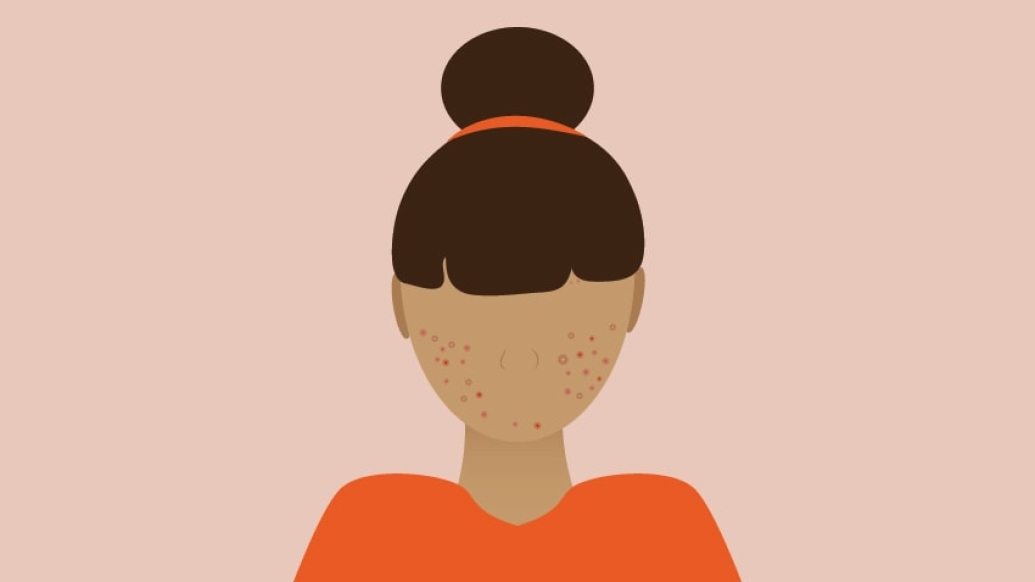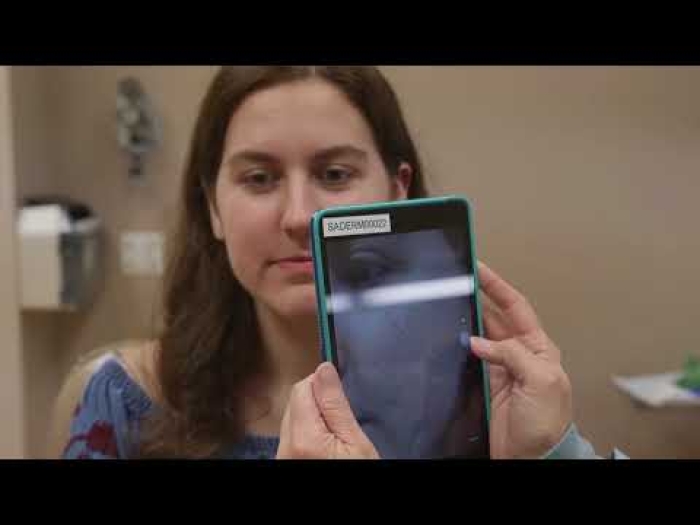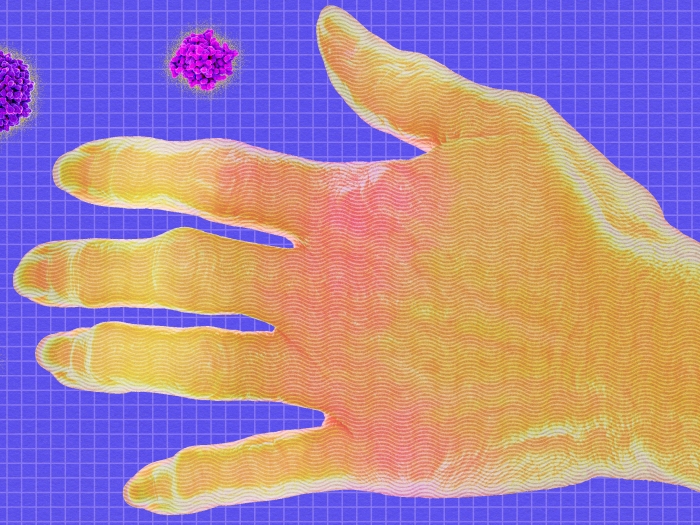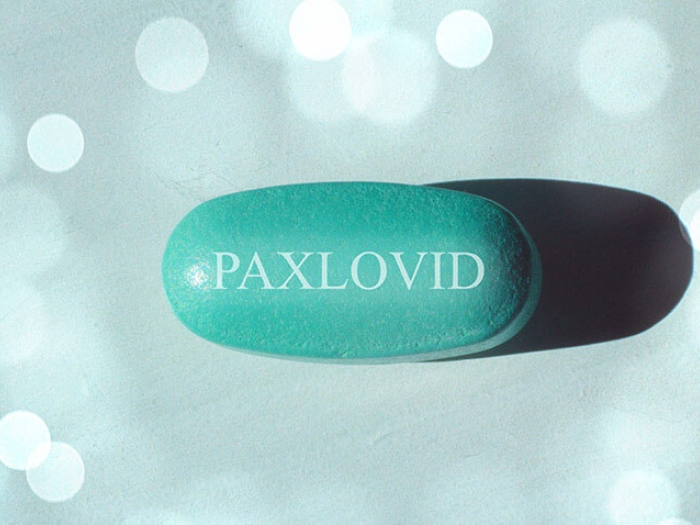A Michigan Medicine specialist details some common ways to combat severe acne — and the risks of each method.
7:00 AM
Author |

For patients with severe acne, the effects of blemished skin aren't just physical. They can take an emotional toll on those who feel embarrassed or anxious about their appearance.
MORE FROM MICHIGAN: Sign up for our weekly newsletter
Over-the-counter creams and rinses might not be enough to manage breakouts. Acne, after all, is strongly genetic — and there is no definitive cure.
Fortunately, doctors can offer a range of tools to combat the condition.
"Patients interested in treatment should definitely seek experienced help," says Michigan Medicine dermatologist Dana Sachs, M.D. "Every case is different. There's no single option that suits everyone."
Which is why she and her colleagues at Michigan Medicine work to find the best one for each patient.
Sachs explained some common acne treatments and the risks to each approach:
Severe acne treatment options
Retinoids: A topical retinoid cream or gel is often a first line of acne treatment. A synthetic derivative of vitamin A, retinoids are known for their ability to reduce wrinkles and dark spots by stimulating collagen production. Some beauty products include retinoids for that reason.
But, notes Sachs, "there is also good evidence that retinoids work against the inflammatory component of acne — the zits, pustules and papules" — by helping shed pore-clogging skin cells more quickly. Irritation and sun sensitivity may occur; use a moisturizer and sunscreen, too.
Common retinoid creams include tretinoin (such as the brand name Retin-A), adapalene (Differin) and tazarotene (Tazorac). Some forms require a doctor's prescription.
Birth control pills: Beyond preventing pregnancy, oral contraceptives such as Ortho Tri-Cyclen also lower women's testosterone levels. "This can cut down on the skin's oil production and lead to an improvement in acne," Sachs says.
Such contraceptives may not be suitable for women with a history of heart disease or cancer, among other conditions.
SEE ALSO: Acne Scar Treatment Helps Transform Teen's Look, Confidence
The treatment, when appropriate, may be substituted for (or combined with) the blood pressure medication spironolactone to curb testosterone. Spironolactone requires periodic check-ins with a physician, and patients must not become pregnant while using it; the medication has been linked to birth defects.
Antibiotics: In this context, the common medications (including doxycycline and minocycline) perform double duty: "They're definitely after bacteria involved in the pathogenesis of the acne," Sachs says. "But we're mainly using antibiotics for their anti-inflammatory effects."
Antibiotics can be taken orally or topically — but only for a limited time, Sachs says. Ongoing concerns of antibiotic resistance have led some dermatologists to shorten prescription lengths or pursue alternative treatments.
Isotretinoin: An oral retinoid known by its brand name, Accutane, this option is "a much more drastic treatment than a topical retinoid," Sachs says.
As such, it's mainly appropriate for patients with deep and painful nodulocystic acne and people whose acne hasn't responded to other methods.
The big catch: Women must not be pregnant or become pregnant while on isotretinoin because of the risk of severe birth defects.
Chemical peels: Glycolic or salicylic acid may be used for active acne and mild acne scarring alike. In either case, "we're basically causing a gentle peel of the very top layer of the skin," Sachs says. That helps repair pockmarks over time once new skin cells are generated.
Still, Sachs considers this approach more of an "additional treatment." Peels often require multiple applications and are typically an out-of-pocket expense.
And, true to their name, the option will cause redness and peeling for several days.

Explore a variety of healthcare news & stories by visiting the Health Lab home page for more articles.

Department of Communication at Michigan Medicine
Want top health & research news weekly? Sign up for Health Lab’s newsletters today!





